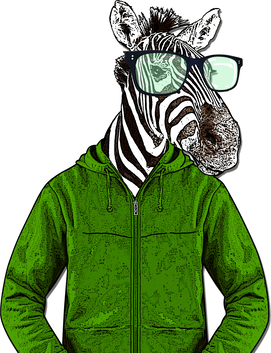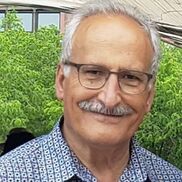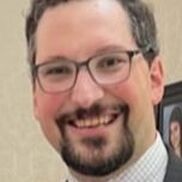In Dean's Memory
Constantine “Dean” Paras, was a Ph.D. student and teaching assistant in the Department of Biomedical Engineering. While at Vanderbilt, Dean and his team had developed and produced a device for use in parathyroid and thyroid surgery that has been patented and is being produced for use in operating rooms.
Back in the summer of 2011, none of us ever expected the diagnosis we received. Dean was feeling wonderful except for a bit tired, and the nagging "kidney stone" that he thought he had. Unfortunately, it was not a kidney stone, but a neuroendocrine tumor.
Back in the summer of 2011, none of us ever expected the diagnosis we received. Dean was feeling wonderful except for a bit tired, and the nagging "kidney stone" that he thought he had. Unfortunately, it was not a kidney stone, but a neuroendocrine tumor.
|
|
The worst was yet to come, as it turned out to be an aggressive form of this cancer that did not want to let him go, and would continue to grow throughout the coming five months, regardless of the treatments tried.
Dean never lost faith, or his good attitude. He continued to work on finishing his work for his Ph.D., staying in touch with all of his friends and colleagues and even travelling back to Nashville for work and pleasure as he could. One of his last doctors to treat him, was Dr. Eric Liu, Dean felt sure that Dr. Liu would be able to help him as he was working with Dr. Oberg from Sweden and was making great strides in neuroendocrine research. |
Dean almost had the opportunity to study with Dr. Liu when first arriving at Vanderbilt University, but at the last minute the opening was not there, and he went on to work in the optics lab. Oddly enough, he still did endocrine-based research with his design.
Dean's life was short, but full. His room during his last days was full of many of his friends and family as they all came to be with him one last time.
We hope that by helping to fund further neuroendocrine research we can prevent others from ever having to go through the loss of someone so brilliant and special in their lives as our Dean was in ours.
Dean's life was short, but full. His room during his last days was full of many of his friends and family as they all came to be with him one last time.
We hope that by helping to fund further neuroendocrine research we can prevent others from ever having to go through the loss of someone so brilliant and special in their lives as our Dean was in ours.
Our MissionIf you heard hoof beats, what animal would you think of? A horse, right? It is the most obvious answer.
Unfortunately, in the medical world, not all diagnoses are horses, or the most likely possibility, and sometimes physicians need to look for the zebra, or the less likely scenario, when making a diagnosis. In the cancer world, neuroendocrine tumors are the zebras. Represented by this analogy because of their rarity, neuroendocrine tumors make up just 2% of nationally treated cancers. Neuroendocrine tumors (NETs) can originate anywhere within the body, are difficult to detect and can remain undiagnosed for quite some time. They tend to be slow growing, and patients often do not realize the tumor is present because symptoms are most often mistaken for signs of other ailments. |
Apply For A Grant
If you would like to apply for a Grant for funding from our fundraising efforts, please email us with your request. Send us details regarding your research and experience to the [email protected]
Where our funds go
All the donations we have received from our past events have gone towards the cancer research efforts.




